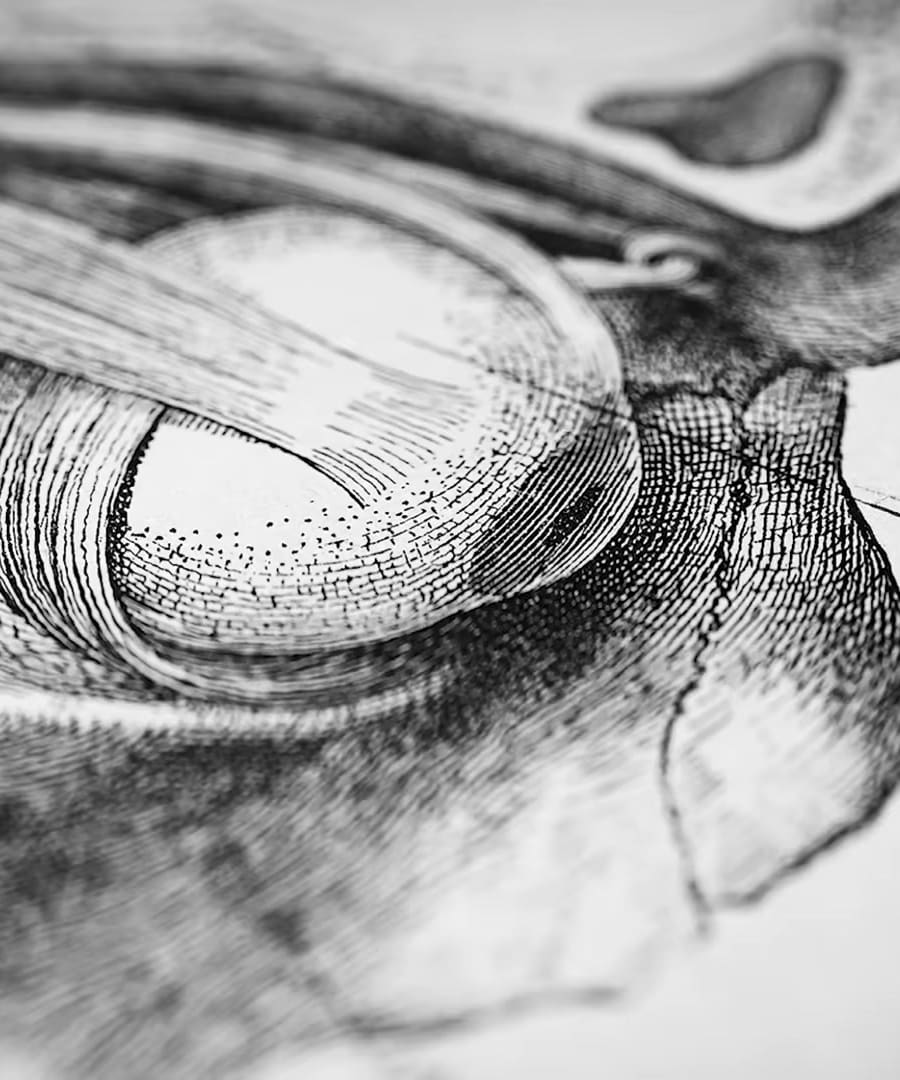Is a short walk befor bed beneficial for sleep?
Sources:
A short walk before bed can be beneficial for improving sleep quality. According to , incorporating short walks, even as brief as 5-10 minutes, into your routine can be a valuable strategy. These "exercise snacks" or brief bouts of activity can positively impact your physiology and overall well-being, aiding in better sleep 1.
Similarly, highlights that winding down before bedtime with a light activity, such as a walk, can help with the transition into sleep. Walker emphasizes the importance of a wind-down routine to decelerate the body's physiological processes, likening it to landing a plane rather than flipping a light switch 2. Walking, being a form of light exercise, can serve as an effective wind-down method.
RELATED QUESTIONSHey how is the relationship between the immune system and the skin. Especially Acne
Sources:
The relationship between the immune system and the skin, particularly in the context of acne, is significant. discusses how the skin reflects the status of other organs and systems, including the immune system. When the immune system is activated, it can manifest through various skin conditions like acne 1.
Acne commonly impacts about 80-90% of young people and can be triggered by multiple factors such as hormonal changes, particularly androgens like testosterone, which increase sebum production. This sebum can clog hair follicles and lead to bacterial infections, resulting in inflammation and acne 2. Additionally, mentions the importance of controlling diet, particularly avoiding high glycemic foods that elevate insulin and blood glucose levels, which can exacerbate acne through inflammatory pathways 3.
Moreover, the gut microbiome plays a crucial role in maintaining skin health. A healthy gut can reduce overall inflammation, which often improves skin conditions like acne. Consuming low sugar fermented foods can enhance gut health and, in turn, positively affect the skin 4.
In summary:
- Hormones: Increased androgens lead to more sebum, clogging pores and causing acne.
- Diet: High glycemic foods spike insulin and glucose, worsening acne via inflammatory pathways.
- Gut Health: Enhancing gut microbiome reduces inflammation and improves skin health.
Taking these factors into account can help manage and potentially reduce acne through a comprehensive approach that includes hormonal balance, diet management, and gut health maintenance.
RELATED QUESTIONSWhat dietary changes can help reduce acne?
Sources:
discusses several dietary changes that can help reduce acne by minimizing inflammation and controlling insulin levels:
-
Minimize Processed Foods:
- Advanced Glycation End Products: These are present in processed foods like crackers and chips, causing inflammation that exacerbates acne and other skin conditions 1.
- High Heat Preparation: Foods cooked at high temperatures, like fried foods, can increase inflammation. Consuming such foods can lead to more frequent breakouts 2.
-
Low Glycemic Foods:
- Avoid High Glycemic Load Foods: Diets inducing high insulin and glucose levels activate pathways exacerbating acne, including mTOR and increased androgen production leading to higher sebum production 3.
-
Gut Health:
- Low Sugar Fermented Foods: Consuming foods like kimchi, sauerkraut, and pickles can enhance gut microbiome health, helping reduce inflammation and improve skin health 4.
-
Whole Foods:
-
Reduce Specific Food Groups:
- Dairy: Low-fat and non-fat dairy products with emulsifiers can spike insulin more than full-fat dairy. If dairy contributes to your acne, it might be better to reduce consumption or switch to full-fat options 5.
-
Hydration:
- Proper Hydration: Drinking enough water and maintaining hydration can lower inflammation levels and positively impact skin health 4.
-
Fiber:
- High Fiber Intake: Incorporate prebiotic and probiotic fibers from fruits, vegetables, and whole grains to support a healthy gut microbiome, which can reduce skin inflammation 1.
By implementing these dietary changes, you can help manage and reduce acne symptoms. Always consider personalizing these dietary adjustments based on individual responses and consulting a healthcare provider for tailored advice.
RELATED QUESTIONS-
Is a short walk befor bed beneficial for sleep?
- RELATED QUESTIONS
Hey how is the relationship between the immune system and the skin. Especially Acne
- RELATED QUESTIONS
What dietary changes can help reduce acne?
- RELATED QUESTIONS








